WASHINGTON—This week the Supreme Court finally hears oral arguments on President Barack Obama’s health care reform legislation. The decision by the court for the Patient Protection and Affordable Care Act or simply the “Affordable Care Act” (ACA) is likely to set off a storm, whichever way it comes down. Most likely, the decision will be handed down at the end of June.
The ACA was initially called Obamacare only by the opponents of the law. Now even the supporters of the ACA, including the president’s website, my.barackobama.com , are asking the public to say, “I like Obamacare.”
The Supreme Court decision will affect 30 million uninsured Americans and likely impact the national elections of 2012. It could become the main issue that determines who occupies the White House and the party that controls Congress. Recognizing the importance of its decision, the court set aside six hours for discussion, which it hasn’t done since 1966.
At stake is whether the United States will remain “the only rich country without universal health care,” writes Adam Liptak, New York Times, March 11.
The health care reform has been compared to Medicare and Social Security by Obama’s aides, said Liptak, while Republican leaders fear it moves the country “dangerously close to European-style big government.”
Opponents of the law will rally on Capitol Hill on March 27, the second day of Supreme Court hearings. Rep. Michele Bachmann, Sen. Pat Toomey, Sen. Rand Paul, Sen. Jim DeMint, Rep. Paul Ryan, Sen. Ron Johnson, and Rep. Alan West are slated to speak on the theme, Hands Off My Health Care. The rally is organized by Americans for Prosperity (AFP) and is joined by coalition sponsors who include Tea Party affiliates and several other conservative organizations.
Supporters of the law will hold events outside the court on each day of oral arguments, according to the New York Times. Planned are speeches by people with medical problems who have benefited or could benefit by the ACA.
The White House is also active in promoting the law. On March 23, the second anniversary of the signing of the ACA, the White House released a statement touting its benefits at this time. It said that already 2.5 million more young adults have health insurance on their parents’ plan; 5.1 million people with Medicare saved an average of $635 on the cost of their prescription drugs. And insurance companies can no longer deny coverage to children because of a pre-existing condition.
Medicaid Expansion, Sleeper Issue
A previous article in The Epoch Times described the four provisions in the ACA that the court agreed to hear. The Anti-Injunction Act (AIA) and the individual insurance mandate, called the individual mandate, were two issues discussed.
The provision that has received the most attention is the individual mandate, which requires that all individuals—with certain exceptions, such as those with religious objections—acquire health insurance or pay a penalty. But “the media has paid almost no attention to the Medicaid expansion provision in the ACA,” said Simon Lazarus, policy counsel for the National Senior Citizens Law Center.
Lazarus spoke March 15 at a forum at the National Press Club for reporters who will be covering the Supreme Court on the ACA.
“The Medicaid expansion issue is the real sleeper issue of the health care challenge,” says Elizabeth Wydra, chief counsel for the Washington-based Constitutional Accountability Center, who represents state lawmakers supporting the health care law.
The ACA will increase the number of persons enrolled in state Medicaid programs by allowing in year 2014 all persons under 65 with incomes up to 133 percent of the federal poverty level (FPL), that is, $14,856 for an individual and $30,656 for a family of four (based on the 2012 federal poverty level), according to the government’s Centers for Medicare and Medicaid Services. This provision will increase the number on Medicaid by an estimated 16 million, according to the Alliance for Health Reform.
Dr. Glenn Cohen explained in The New England Journal of Medicine that Medicaid had not previously set a baseline income level for mandatory eligibility for adults. When fully phased in (in 2020), the ACA will provide 90 percent federal matching funds for the new beneficiaries, and 100 percent initially. While this may seem very generous, Cohen says Florida will likely argue, “Even a 10 percent copayment overly stretches state budgets.”
“To remain eligible for any federal Medicaid matching funds, states must accept these new requirements. Moreover, state participation in traditional Medicaid will no longer be possible, since the current terms and conditions of federal support will cease to apply in 2014,” Cohen said.
Court watchers were surprised that the Supreme Court agreed to consider the Medicaid expansion; the court has never struck down any federal spending program. Only the lawsuit brought by Florida, joined by 25 other states, challenged the Medicaid expansion, and no lower court overturned it. Even the 11th Circuit that struck down the individual insurance provision upheld Congress’s authority to expand Medicare.
But the fact that the court set aside an hour to hear the case signals the court takes this issue seriously.
The opponents of the ACA say that the Medicaid expansion uses “coercion” by Congress in making the receipt of federal funds for a federal program conditional to states outlaying funding that is an unfair burden for them. Although states don’t have to participate in Medicaid, as a practical matter, states heavily rely on federal matching money to pay for medical care of the poorest citizens.
Former attorney general of the state of Florida, Bill McCollum, who filed the challenge to the ACA, a suit eventually joined by 25 other state attorneys general, said that the single biggest item in many state budgets is often Medicaid. “Florida’s Medicaid program consumes more than a quarter of the state’s financial outlays” in a budget that is already strained, McCollum said in the news release when Florida challenged the law moments after President Obama signed it on March 23, 2010.
The government will argue that it is a proper exercise of Congress to attach conditions to the receipt of federal funds, says Sallie Sanford, in an op-ed for the Jurist Forum Feb. 16.
Lazarus said that reversing the Medicaid expansion provision could not only potentially invalidate Medicaid in general, but also all federal aid to education, and guarantees against discrimination by recipients of federal funds.
“Many people in the social welfare community [believe this] is really the most important issue in this case because aside from Medicare and Medicaid and Social Security, if the coercion argument is found to prevail ... you can kiss goodbye to the idea that there is a social safety net that the federal government can impose or inaugurate,” said Lyle Denniston, a legal journalist who has reported on the Supreme Court for 52 years, at the National Press Club forum. “That is a really big issue.”
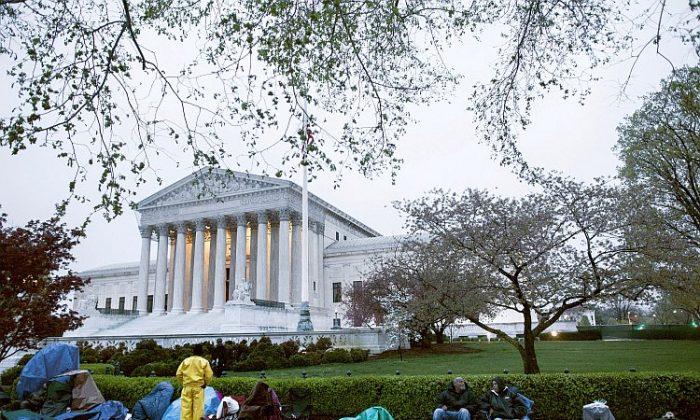




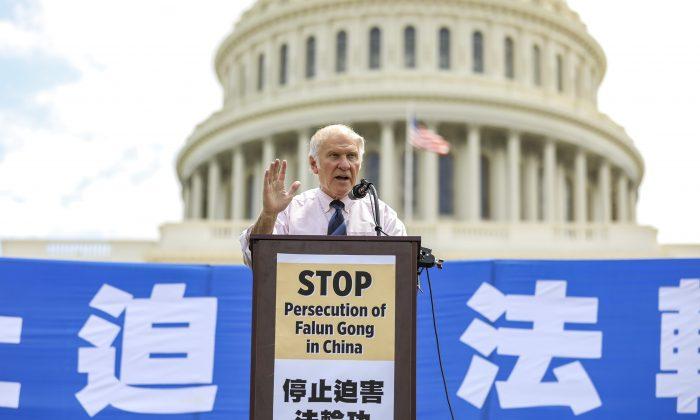
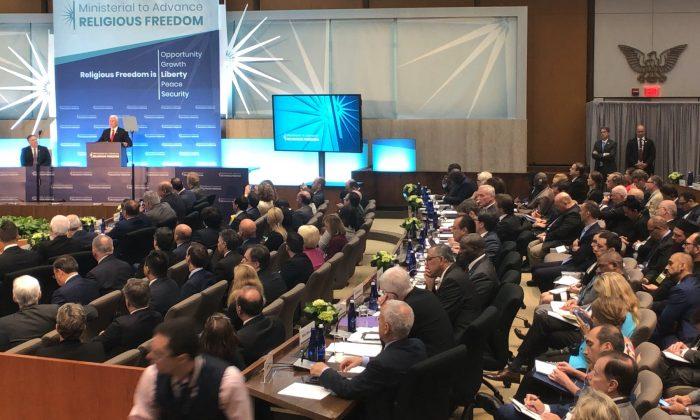
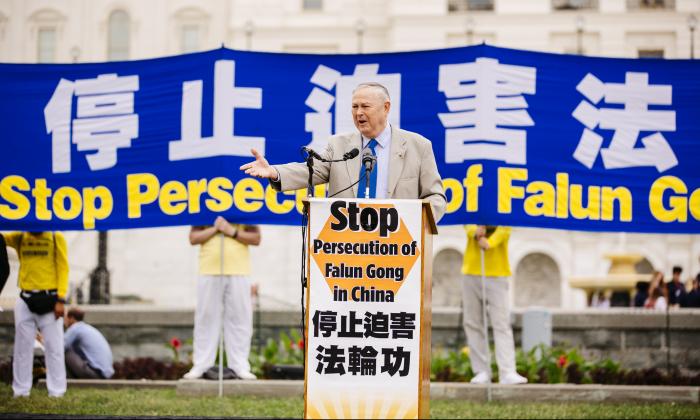
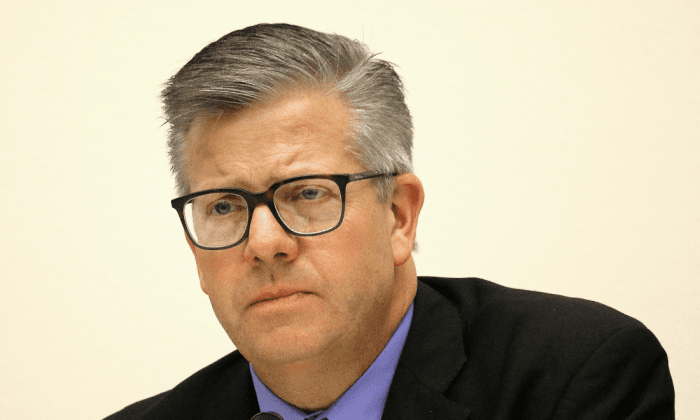
Friends Read Free